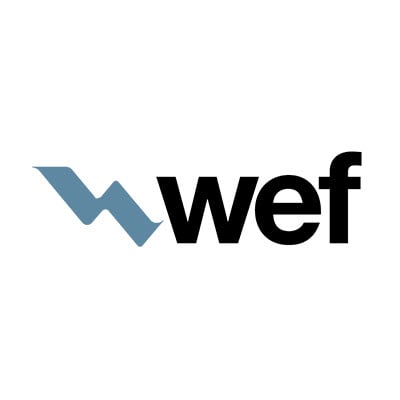WEF Enters New Era with Water Sector Veteran Ralph Exton at the Helm
The Water Environment Federation (WEF) has announced the appointment of Ralph Erik Exton as its new Executive Director, effective July 15, 2024.
“The Board of Trustees is excited for Ralph to take the helm of WEF,” said WEF Board President, Aimeé Killeen. “Ralph brings years of strategic leadership and business experience to the organization, which we know will be a great step forward in ringing in our 100-year anniversary and beyond.”
Exton joins WEF from Grundfos, where he served as the water utility vice president and chief marketing officer. Prior to his tenure at Grundfos, Exton accumulated nearly three decades of experience at other distinguished companies in the sector, including Suez, Veolia, and GE Water & Process Technologies.
Beyond his professional career, Exton has been a key WEF volunteer with over a decade of service. He served on WEF’s Board of Trustees for five years, holding the position of Treasurer/Officer for three consecutive years and chairing the audit committee. Additionally, Exton was a member of the Diversity, Equity & Inclusion (DEI) Board Committee and was nominated to join the WEF Circular Water Economy Summit Advisory Committee. In recognition of his significant contributions, he was honored with the esteemed WEF Fellow Award in October 2023 for his commitment to advancing the global water environment.
“I have been honored to serve the WEF community for many years and have developed a passion for this organization,” said Exton. “My goal as WEF’s executive director is to reinforce its position as a leader and convener in the water sector, enhancing its impact on global water issues.” He continued, “We’ll prioritize the needs of the communities WEF serves through sustainable solutions, purpose-driven partnerships, innovative technologies, exceptional customer service, and unwavering integrity and accountability.”
Killeen emphasized Exton’s role in achieving WEF’s strategic goals. “Ralph will be a pivotal part of steering WEF through the next phase of its strategic plan, aligning with the organization’s vision of achieving a ‘life free of water challenges,’” she said. “He – and WEF – remain firmly committed to our mission of inspiring the water community in pursuit of human and environmental well-being.”
Related Areas
Latest News
Join or Renew Your WEF Membership Today
Connect with our community of water professionals who ensure that our local communities have access to clean water that protects public health. Explore our member benefits and find the membership type that’s right for you.


